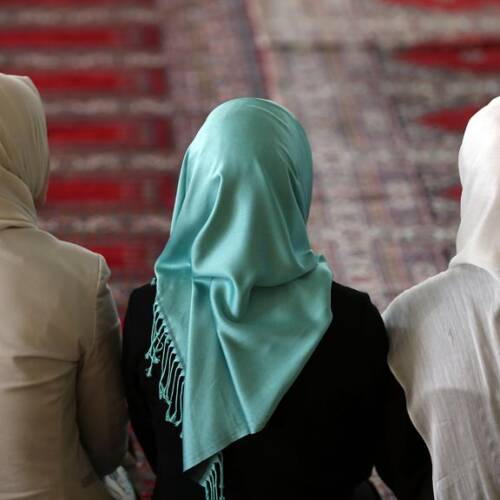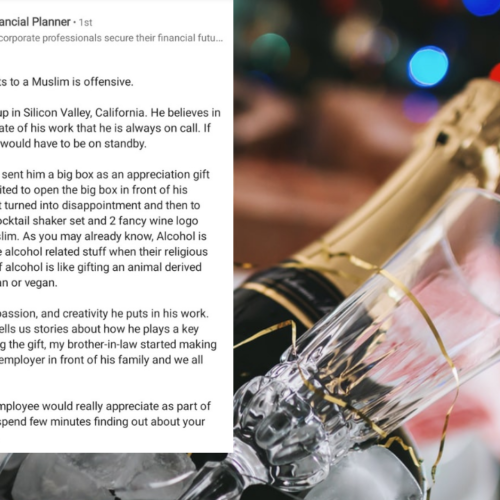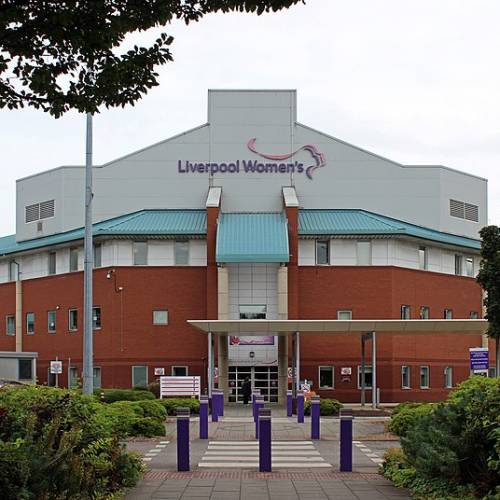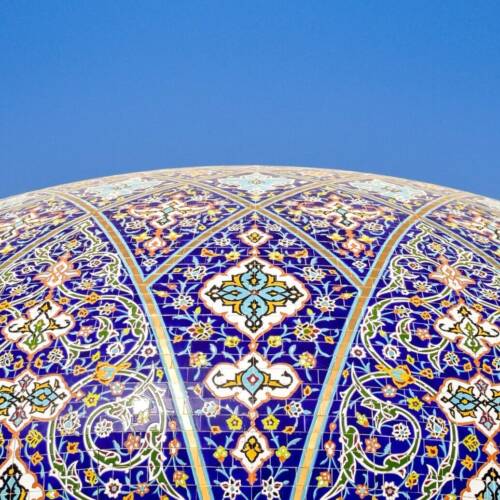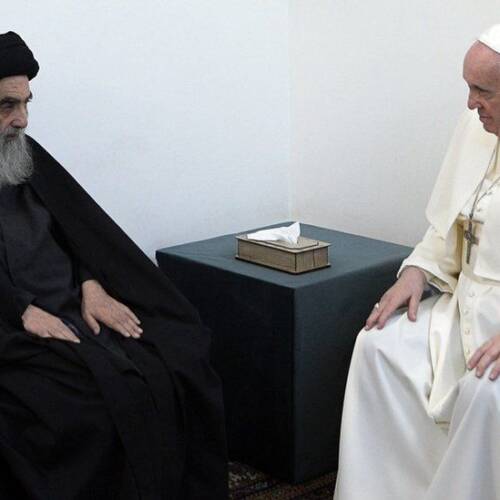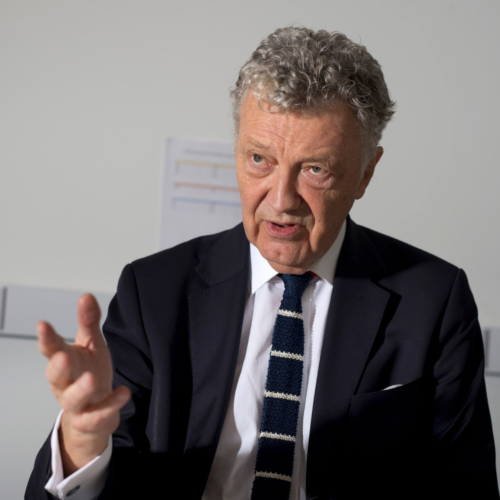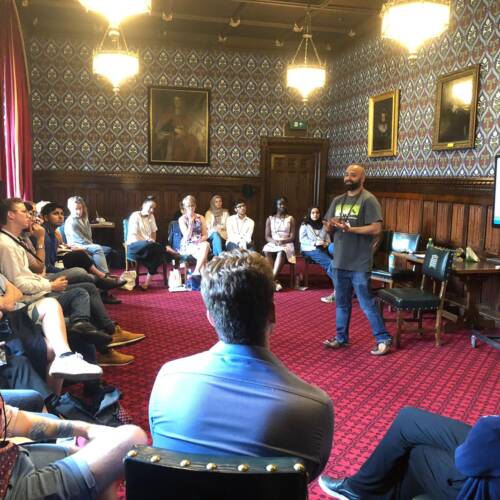
Christmas – an Opportunity to Build Bridges
25 Dec 2020Christmas is fast becoming a secular holiday a legacy of Britain’s Christian heritage; for many, this is a religious festival, much more than celebrating the birth of Jesus. Christians will spend this period in prayer, liturgy, carol singing and midnight mass. However, as I Muslim, I see Christmas is an opportunity to build bridges, and extend the hand of love towards others. Amidst this Pandemic, Imam Qari Asim encouraged Muslims to ‘Give someone a bell or ring a neighbour’s doorbell’ as part of the #ChristmasTogether campaign.
On Christmas eve, my good friend Julian Bond reflected on ’10 important lessons from Jesus for humankind‘.
Both articles’ key message is summarised by the Christian and Biblical teaching of ‘love thy neighbour as thy self’ (Mark 12:31). Which is echoed by the Hadith of the Prophet Muhammad, who said; ‘He is not a believer who spends the night satiated while the neighbour to his side is hungry.’ In another hadith, we are advised to ‘honour the guest, be generous to the orphan and be good to your neighbour.’ This advice is vital in fostering good relations in Britain today as Muslims.
This brief reflection will focus on Isa Ibn Maryam, Jesus, the son of Mary, a figure shared by Islam and Christianity.
The vast majority of conversations between Christians and Muslims about Jesus focus on convincing the other that they are the holders of the truth. Whilst not neglecting that the vast majority of Christians and Muslims hold exclusivist theology, followers of both faiths must learn to live in a pluralist society where we can understand each other, find our common ground, learn to disagree better and work towards the common good. At the end of the day, that’s what both faiths teach! Unfortunately, this goal is stifled by some who focus on proselytisation through Dawah and Evangelism, which provokes polemics and disputes, rather than a deeper understanding and appreciation.
Reflecting on Jesus, I am transported back to 2011, organising an Unveiling Islam workshop, introducing a Muslim perspective on Jesus at Emmanuel Church Preston. I was warned that the conversation would bring more heat than light. Nonetheless, I took this as a challenge and opportunity, to express our irreconcilable theological differences about Jesus, not attempting to proselytise or feed polemics but rather through exploring our differences respectfully and honestly. This created further opportunities for me to speak about Jesus in Islam and organise the Jesus Conference in 2014. This led to me believe that there while there are considerable differences in Christology between the two faiths, and that the differences are important to understand, there are many things that we have in common.
Christians and Muslims have significant common ground about Jesus. Both faiths believe that Prophet Isa (Jesus) was born of a virgin birth, through Maryam (Mary). The Quran also teaches us that Jesus performed miracles, including healing the lepers and raising the dead. In both faiths, Jesus is described as a humble and sinless man, who will return at the end of times. Both religions believe the Jesus is the Word of God or Kalimat Allah, and that he was Ruh al-Quds or the Spirit of Holiness.
In fact, the Quran devotes an entire chapter, Chapter 19 to Mary, the mother of Jesus. The verses sing the praises of the Biblical prophets Isaac, Jacob, Moses, Aaron, Ishmael, Enoch, Adam, and Noah. The Quran states that “You will certainly find that the closest of them in friendship with the believers are those who say, ‘We are Christians.’ That is because there are priests and monks among them, and because they are not arrogant” (Quran 5:82).
The Quran also refers to Jesus, Isa alayhis salaam (peace be upon him) by many titles including al-Masih (the messiah), Abd-Allah (servant of God), nabi (Prophet), rasul (messenger), kalima (word), ruh (spirit), aya (sign), mathal (parable or example), shahid (witness), wajih (eminent), min al-muqarrabin (one brought near), min al-salihin (the upright) and mubarak (blessed).
If the early Muslims, the Prophet Muhammad (PBUH) and the Quran, state that the Christians are closest in friendship with the believers, why is there so much cynicism between the followers of the two faiths?
Instead of fighting who is right, and who is wrong, we should come together during the holiday season’s spirit, and amidst this pandemic to build bridges between the two communities and spread the love that both religions preach. We should follow the teachings of the Muhammad and Jesus in loving thy neighbour and caring for them, and we should understand that while there are many differences, there is also a lot that we hold in common.
I wish everyone a Merry Christmas and a Happy New Year.






